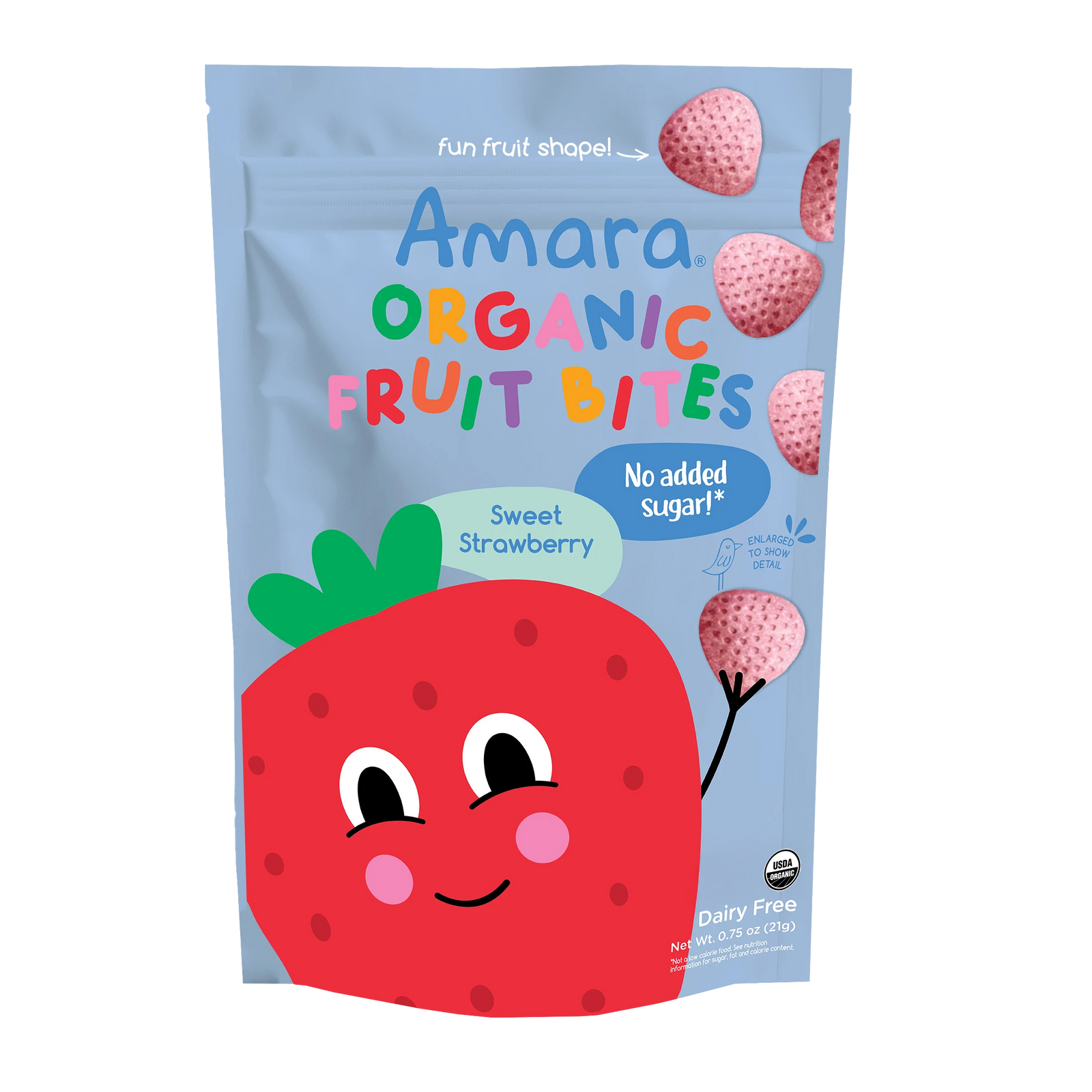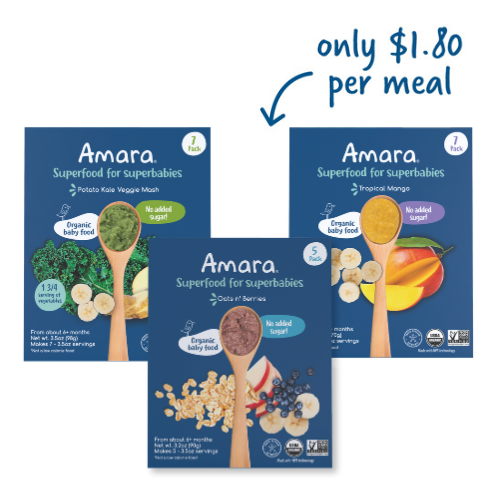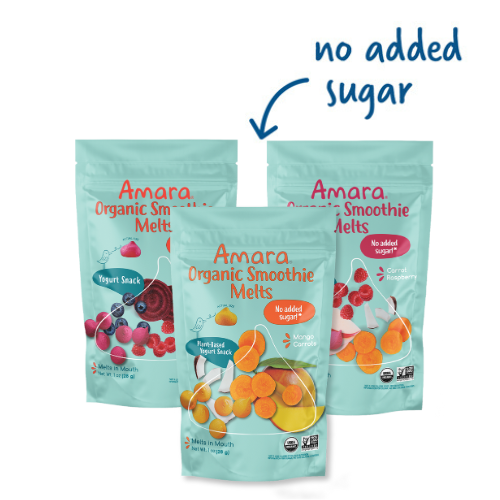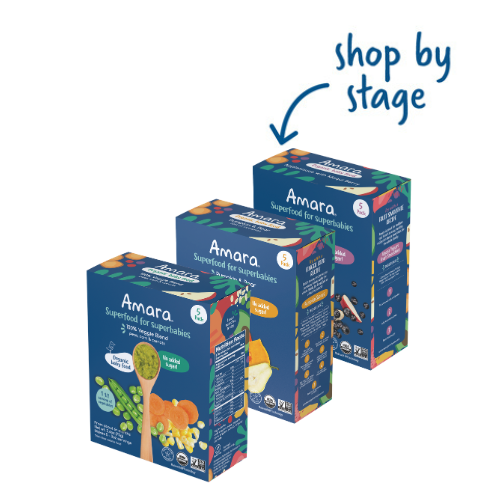
The last two months, my two kids have been home with some version of the flu, a nasty cold, or a GI bug SO often. At one point I calculated that in the previous six weeks my son had been to school only seven times (that did include a holiday break… but still).
I thought we had it *particularly bad, but every time I’ve spoken with other parents recently, they have a strikingly similar story to tell. It’s just that time of year, I guess…
This month we’re bringing you the best of what we know about the connections between diet and the immune system (although, before you get too excited, let me warn you: it’s not all that much). Read on for what parents should know about:
- How What We Eat Affects Our Immune Systems
- Colds 101: What They Are, How They Spread, & What They Look Like
- Best Practices for Feeding Sick Children
Diet and Immunity
We’ve written at length elsewhere on this blog about the close relationship between what we eat and how we feel — ranging from sleep to skin health to brain development (and more) — and our immune systems are no exception.
In fact, this is exactly what Amara is all about^^. We believe that the way we eat directly impacts our physical, mental, and emotional health, and it’s our mission to make it easy and affordable for every parent to serve their baby the absolute best. All of our organic baby foods are made from the freshest ingredients, using nutrient protection technology that preserves vitamins, minerals, and natural texture, just like homemade food.
Although much of the research in the arena of “diet and immunity” is either in its infancy or else quite generalized, health professionals and nutritionists agree that the standard Western diet — that is, a diet that leans on processed and ultra-processed foods — is deleterious for our immune systems. On the flip side, a balanced diet rich in whole foods, fruits, and vegetables can absolutely benefit and boost the immune system.
Interestingly, these benefits begin early — in utero, in fact. During pregnancy, maternal diet can influence a fetus’s developing immune system (this is one reason among many why obstetricians and dieticians advise pregnant women to consume a diverse diet of fresh, whole foods across food groups). Similarly, once babies are born, breast milk has numerous advantages for the immune system: it contains protective factors; stimulates a baby’s gut microbiome (for a closer look at the intimate connection between the gut microbiome and the immune system, read here); and contains components that stimulate immune development. The “cleaner” a nursing mother’s diet is, the more beneficial her breast milk is for her child’s fledgling immune system.
As babies transition to solid foods around the 6-month mark, establishing a healthy diet continues to also serve healthy immune system development and functioning. We have a comprehensive guide on how to introduce solids without any fuss, plus a primer on healthy eating for the whole family, but the basics to a healthy diet (and there are many different ways to follow one!) are:
- Choose whole foods over processed foods wherever you can
- Incorporate vegetables and fruits as much as possible
- Avoid added sugar
- Opt for whole grains and flours
- Incorporate diversity across food groups
Of course, offering your child a healthy, balanced diet is just one of several ways you can help boost their immune system. Doctors also note that other lifestyle and environmental factors play a key role: getting sufficient sleep; engaging in daily physical activity; getting outside regularly; staying up to date with doctors’ visits and vaccinations. The point is: it’s all interconnected, and while none of these strategies alone can cure a sick child or guarantee their wellness, all of them together can help to support the developing immune system, whether your child is currently ill or not.
Okay, moving on to the fun stuff…

Colds 101
The technical terminology for a cold is an “upper respiratory infection,” and children come down with more of them than any other kind of childhood illness. In fact, in the first two years of life, most children will experience 8-10 colds; older children often come down with colds even more often, as do young children with siblings (if you have more than one child, you already know: what goes around comes around).
Colds are caused by viruses (as opposed to bacteria), and thanks to COVID, most of us are probably already pretty familiar with the common modes of transmission… just in case you haven’t followed any scientific news for the last three years, it goes something like this:
→ Someone coughs, sneezes, spits, touches their nose/mouth, etc. and gets some of the virus on their hand
→ A healthy person comes in contact with the expelled virus
→ Healthy person then touches their own nose/mouth, and the virus enters their body then proceeds to grow in their nose/throat
→ End game: a cold arises 😫
Likewise, you probably know well the hallmark symptoms of a cold:
- Runny nose (often the nasal discharge moves from clear and more liquidy at first to a thicker, colored mucus later in the course of the virus)
- Coughing
- Sneezing
- Low fever (101–102 degrees, often can arise at night)
- Poor appetite/disinterest in eating or drinking
- Sore throat
- Fussiness
- Slightly swollen glands
While there is no cure for a cold, colds do typically resolve on their own after roughly 7-10 days (we’ll review tips on feeding sick children in the following section). There are also some well-known tricks for (trying to) prevent them:
- Avoid people who have a cold — *note that this is especially important for newborn babies, whose immune systems are truly not equipped to handle even minor infections; often, a virus that may cause only minor illness in older babies, toddlers, or children can lead to severe illness in infants (note also that more people tend to have colds in the winter, so you may want to be more attuned to this seasonally)
- Teach your child to turn away from others when they sneeze or cough, and always to sneeze or cough into their elbow or a tissue (*not their hands!)
- Practice good hand hygiene/hand-washing

When Your Child Is Ill
Since there is no cure for a common cold, the best thing to do in terms of supporting your child’s healthy recovery is to focus on comfort measures, making sure they get plenty of rest, and doing what you can to ensure they are well-hydrated.

Tips for Feeding Sick Children:
- Since hydration is *essential, do whatever you need to do to entice your child to drink — many of the normal “rules” go out the window: in addition to water, soup, or broth, also try offering diluted fruit juices or sports drinks; herbal tea with honey or lemon is also very smoothing. (See also: Is My Toddler Dehydrated?)
- Offer foods rich in vitamin C — while there is no solid evidence that vitamin C can cure a cold, its antioxidant properties certainly can’t hurt anything! Some great sources of vitamin C are: citrus (lemons, limes, grapefruit, oranges), berries, kiwi, papaya, fennel, kale, and peppers.
When baby is sick and requires all of your time and attention, it can feel impossible to prepare a healthy meal. With Amara, you can whip up a nutrient-dense meal in seconds - with baby in arms! Find delicious blends rich in Vitamin C, like our Kale Veggie Mash or Tropical Mango to help you--and your baby-- get through this tough time. SHOP NOW.

- Focus on fruits and vegetables — not only do these deliver higher concentrations of vitamins and minerals that can support the immune system, but they are also usually hydrating as well. (Some of the most hydrating fruits and veggies are: watermelon, peaches, cucumbers, tomatoes, and oranges.)
- Use cold to your advantage — if your child has a sore throat, try offering slightly thawed frozen foods to soothe their throat. You could also offer a smoothie (we love the green smoothie at the top of this post), banana “ice cream” (don’t get too excited, folks, it’s just frozen banana blended with a few drops of vanilla), or these easy DIY popsicles to the same effect.
- Use warm to your advantage, too! — warm soup is an age-old remedial, soothing food. If it’s a challenge to serve (young children sometimes struggle to eat soup), try serving it in a small cup for easy sipping, or thickening your soup with potatoes or oat flour.
- Offer mini meals/frequent snacks — sick children often suffer from a poor appetite, so you may have better luck with more frequent, smaller portions compared to larger, more spaced-out meals in making sure your child’s energy needs are met.
- Go simple — avoid foods that tend to upset the stomach, such as rich, fried, or greasy foods, and opt instead for simple starches (rice, noodles, etc.), which are easy to digest. There’s always the old school “BRAT” diet, too, which may help children with upset stomachs or GI symptoms: bananas, rice, applesauce, and toast.
- Try honey — nature’s remedy! Seriously, friends, it’s a spoonful of medicine — offer one to your little one. My pediatrician told me this remedy outperforms cough syrup consistently in clinical trials… *SAFETY NOTE: DO NOT FEED BABIES UNDER THE AGE OF ONE HONEY FOR RISK OF BOTULISM.
- Cut yourself some slack — if you can work in some fresh vegetables or more exciting foods when your child is sick, great. All the power to you. But don’t beat yourself up trying to make your kid follow The Model Diet when they aren’t feeling well — the most important thing is to make sure they are well hydrated, well nourished, and as comfortable as they can be.
Having a sick little one is HARD… for so many reasons. There’s nothing more difficult than seeing your child unwell, and none of us want to waste too much time or energy wondering when/how/what exactly to feed our children when they’re ill — we just want them to get better.

Amara feels the same way. That’s why everything we do is about making our children — the next generation — feel their best. All the foods we make are carefully prepared, with the underlying intention to nourish your child: Amara uses nothing but the freshest whole-foods ingredients (NOTHING else!) to produce baby food and toddler snacks that are as healthy, delicious, and nutritious as homemade food… except WAY easier. Amara is designed to support every child’s developing immune system, whether they are sick, well, or anything in between (but we hope you’re well!).
How is your family hanging in this cold & flu season?
Article researched by:
Amara's Chief Nutritionist: Sonia A. Schiess, PhD in Nutrition, specialized in the introduction of solids and liquids to infants. Sonia's passion started when she was studying nutrition and dietetics in university, completing a post degree in Human Nutrition. Later on, she completed her PhD as a nutritionist, with a focus on introducing food in the first year of a baby's life. Her wide experience gives her a unique perspective, drawing from her time in clinics, hospitals, independent consulting and university research. She's authored several papers including "Introduction of complementary feeding"; "Introduction of potentially allergenic foods in the infant's diet during the first year of life" and "Intake of energy providing liquids during the first year of life" in five European countries. The combination of Sonia's science and our chef's magic ensures every Amara product is not only optimized for your baby's health but is delicious as well.









Leave A Comment